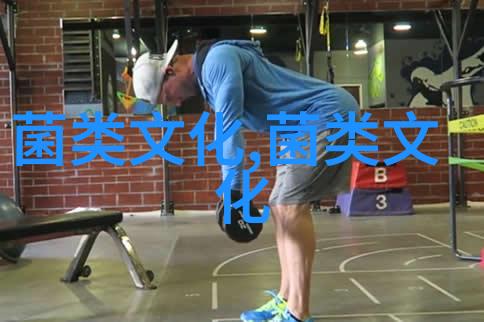
医院法律法规知识培训内容医疗机构管理规范患者信息保护法医疗纠纷解决机制
医院法律法规知识培训内容

什么是医院法律法规知识培训内容?
在医疗服务领域,医院作为提供医疗服务的主要机构,其活动受到众多法律法规的约束。为了确保医疗服务质量,保护患者权益,并避免因违反相关规定而产生的法律风险,医院需要定期进行法律法规知识培训。这一过程涉及对现行相关法律、行政法规和行业标准的学习,以及如何将这些知识应用于实际工作中的实践。

为何重要?
了解并遵守相关法律法规对于任何医疗机构来说都是至关重要的。这不仅能够保障患者获得高质量的医疗服务,还能减少由于疏忽或不当行为引发的一系列纠纷和责任问题。同时,这也体现了医院对社会责任感和专业素养的一种展现。

如何开展?
开展有效的医院法律法規知识培训内容通常需要制定详细计划。此计划应包括具体课程目标、参与人员、教学材料、评估方法等方面。教师团队应由具有丰富经验和专业背景的人员组成,他们将教授学生如何识别与适用相关条款,以及如何处理日常操作中可能遇到的复杂情况。在实际操作中,理论学习还需结合案例分析,以便更好地理解其应用意义。

重点内容有哪些?
hospital legal training content typically covers a wide range of topics, including but not limited to medical ethics, patient confidentiality, informed consent, treatment decision-making capacity, and liability for medical errors. These topics are essential for healthcare professionals to understand their rights and obligations in providing care.

In addition to these core areas, the training may also touch on issues related to hospital administration such as compliance with regulatory requirements and accreditation standards. This includes knowledge about billing and coding practices that ensure accurate reimbursement by insurance providers while maintaining transparency in financial transactions.
Furthermore, the curriculum might include modules focused on risk management strategies for identifying potential problems before they escalate into full-blown crises. This could involve reviewing existing policies or developing new ones based on emerging trends or best practices within the industry.
The goal of this comprehensive approach is to empower healthcare workers with the necessary knowledge base so they can provide high-quality care while minimizing risks associated with malpractice suits or other legal challenges.
怎样进行评价与跟踪?
After completing the training program participants should be evaluated through various assessment methods such as written exams quizzes case studies presentations etc.. The effectiveness of these assessments lies in their ability to test both theoretical understanding and practical application skills among trainees. Feedback from participants will help trainers identify any gaps in coverage or areas where more attention is needed during future sessions.
Regular follow-up sessions would allow trainers to track changes over time assess progress towards desired outcomes discuss ongoing challenges faced by staff members share successful strategies implemented at different facilities engage all stakeholders involved ensuring a collaborative learning environment persists throughout each year's cycle of education improvements will continue until no further enhancements remain required thus securing long-lasting positive impact upon individual performance team cohesion organizational culture overall success
Hospital Legal Training Content - A Vital Component Of Healthcare Quality Improvement



